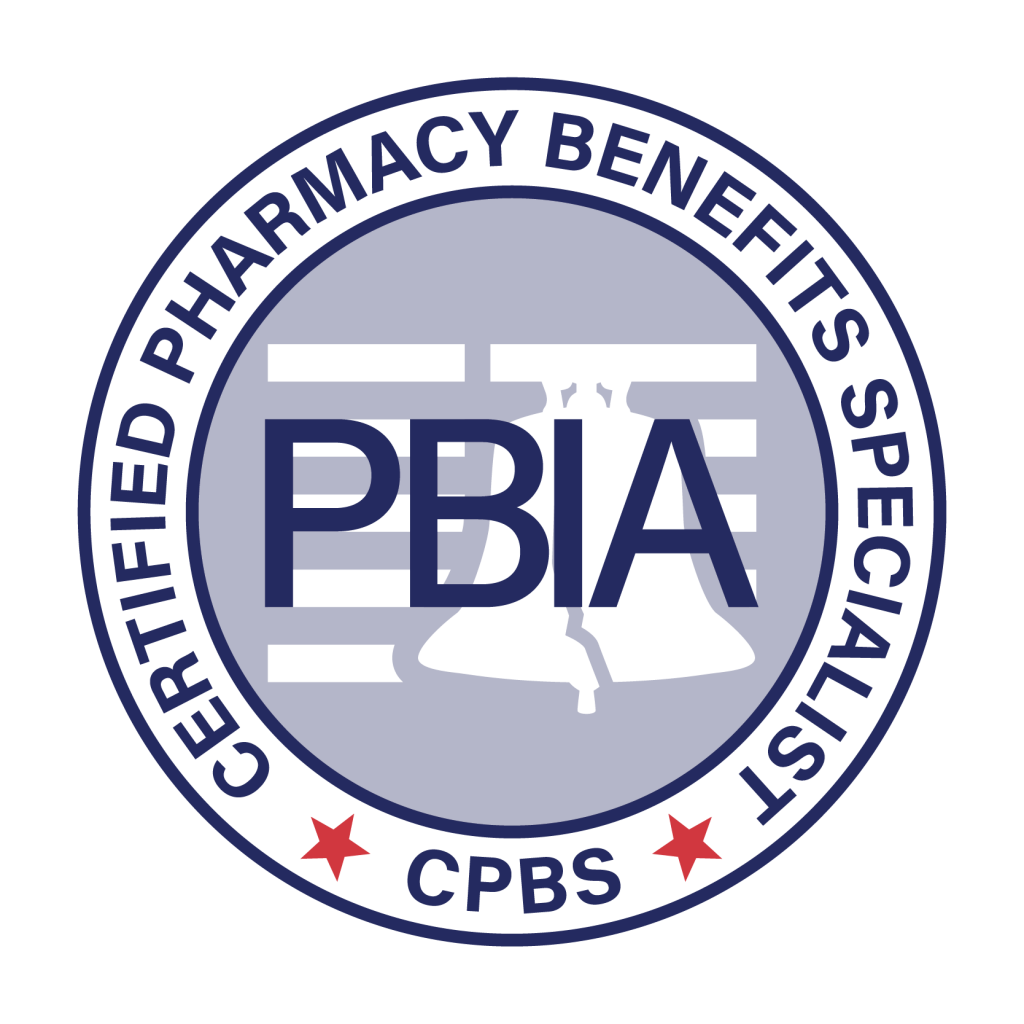The Future of Employer Sponsored Healthcare Plans Is Cost Management and other notes from around the interweb:
- 6 Payor Tactics to Control Drug Spending. Pressure is building to shift to the medical benefit. Plans didn’t historically manage drugs on the medical benefit as strictly as the pharmacy benefit, but now there is increasing economic pressure to do so, Dr. Grant said. Payor strategies here include aggressive site-of-care optimization strategies directing patients to the most cost-effective location to receive medications, and requiring billing through specialty pharmacies, known as bagging strategies, where health systems and physician practices must accept bagged medications from pharmacies to administer to patients. The best option is gold bagging, in which a specialty pharmacy dispenses prescriptions to its own clinics for administration, she said. Some states and professional groups, such as the American Hospital Association, have banned or oppose bagging for its potential disruptions in care.
- The Future of Employer Sponsored Healthcare Plans Is Cost Management. Rising inflation and its effect on healthcare costs and spending has put price transparency in the spotlight. As of January 1, 2021, the Centers for Medicare and Medicaid Services (CMS) mandated that U.S. hospitals provide clear, accessible pricing information online about the items and services they provide. Greater transparency confirms that significant price variations exist across hospitals and providers for standard medical procedures. To mitigate this, many self-funded health plans have adopted a reference-based pricing (RBP) strategy.
- Expert Discusses New Specialty Drugs That are in the Pipeline. In the non–small cell lung cancer space, therapies are really being targeted towards this specific gene expression. There are a lot of different gene mutations and just keeping an eye on the various agents in the pipeline as their mechanisms are tailored very specifically to those gene mutations and expressions. That was really what she highlighted as far as non–small cell lung cancer. As far as breast cancer treatments, Dr. Khullar really did a great job of discussing the oral SERDs, which are very specific to hormone positive breast cancer treatments. Those specific cancers are usually very resistant to the current agent. The agents in that class of SERDs for breast cancer treatment are really important to monitor for.
- Site-of-Care Management Oncology Infusion Moving From Hospital to Home. “If your institution, department or program does not have a home infusion setup for your oncology patients, you need to start working on it.” That was the message from Laure DuBois, PharmD, BCOP, pharmacy clinical coordinator at the University of Kansas Medical Center, in Kansas City, discussing the increasing trend toward site-of-care management at a session at the 2022 annual meeting of the Hematology/Oncology Pharmacy Association. “At our institution, we first observed this with Aetna wanting to transfer patients on PD-L1 [programmed death ligand-1] inhibitors to home infusion by self-injection or the physician’s office,” Dr. DuBois said. “These policies are increasingly in place for many supportive care medications, as well as some targeted therapies.”
